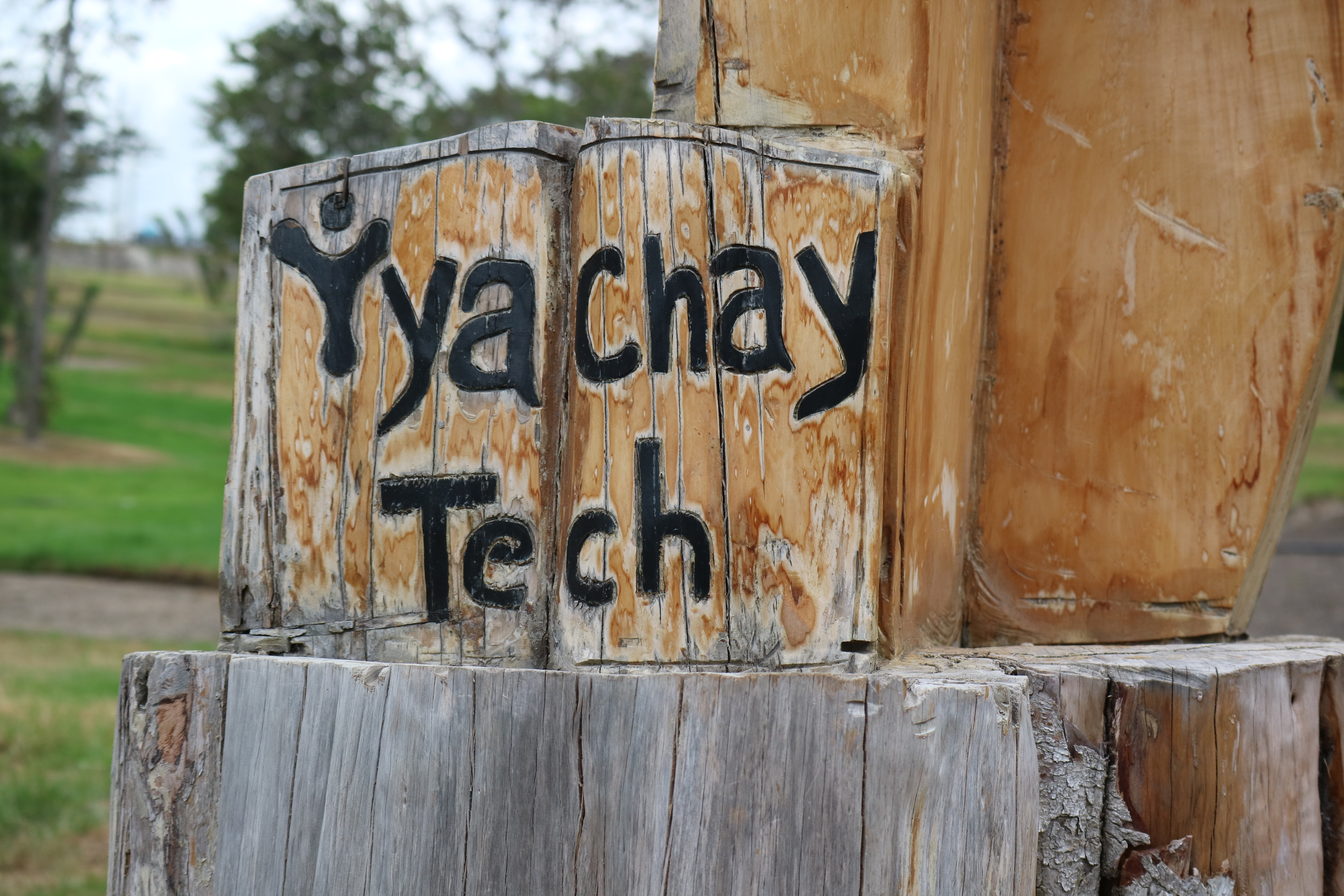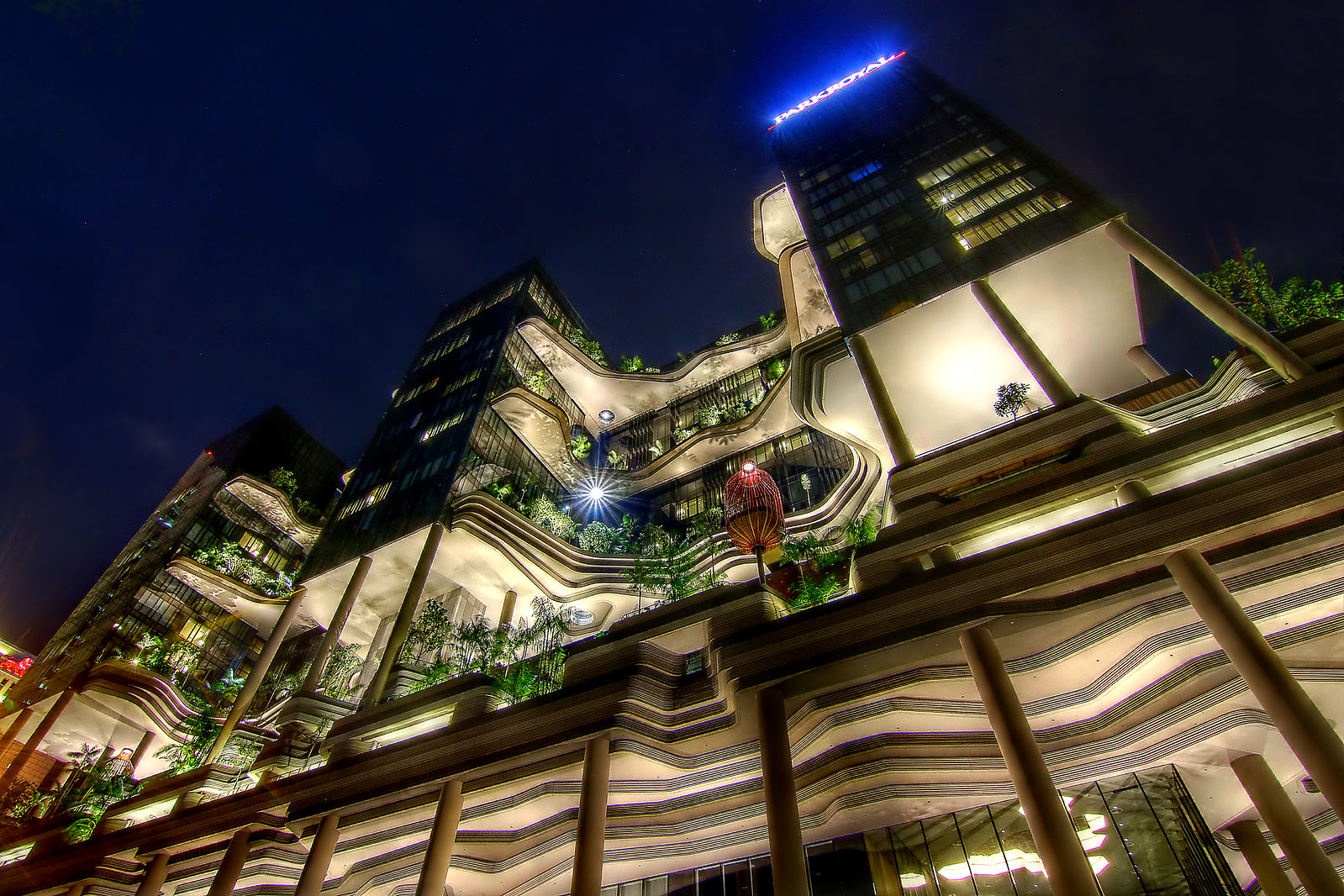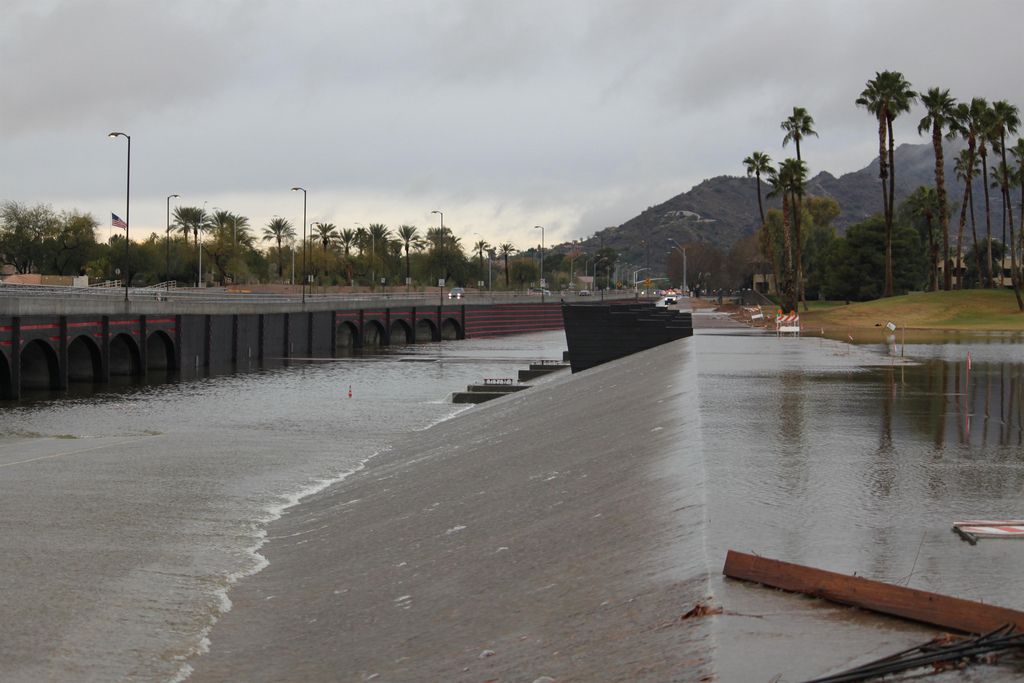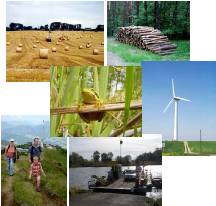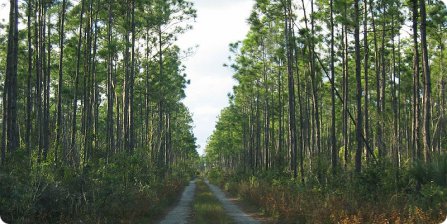Melbourne, Australia: A model for how cities can lead the energy transition
Over half of the world’s population lives in cities, and rates of urbanization continue to increase. In the Anthropocene, cities are significant players. Dense concentrations of people and resources, while sometimes environmentally taxing, are also fertile grounds for cooperation and models of sustainability. Melbourne, Australia started turning heads in 2015 when they put forward a simple, yet revolutionary, model for renewable energy transition. Thirteen of the largest institutions in the [...]


